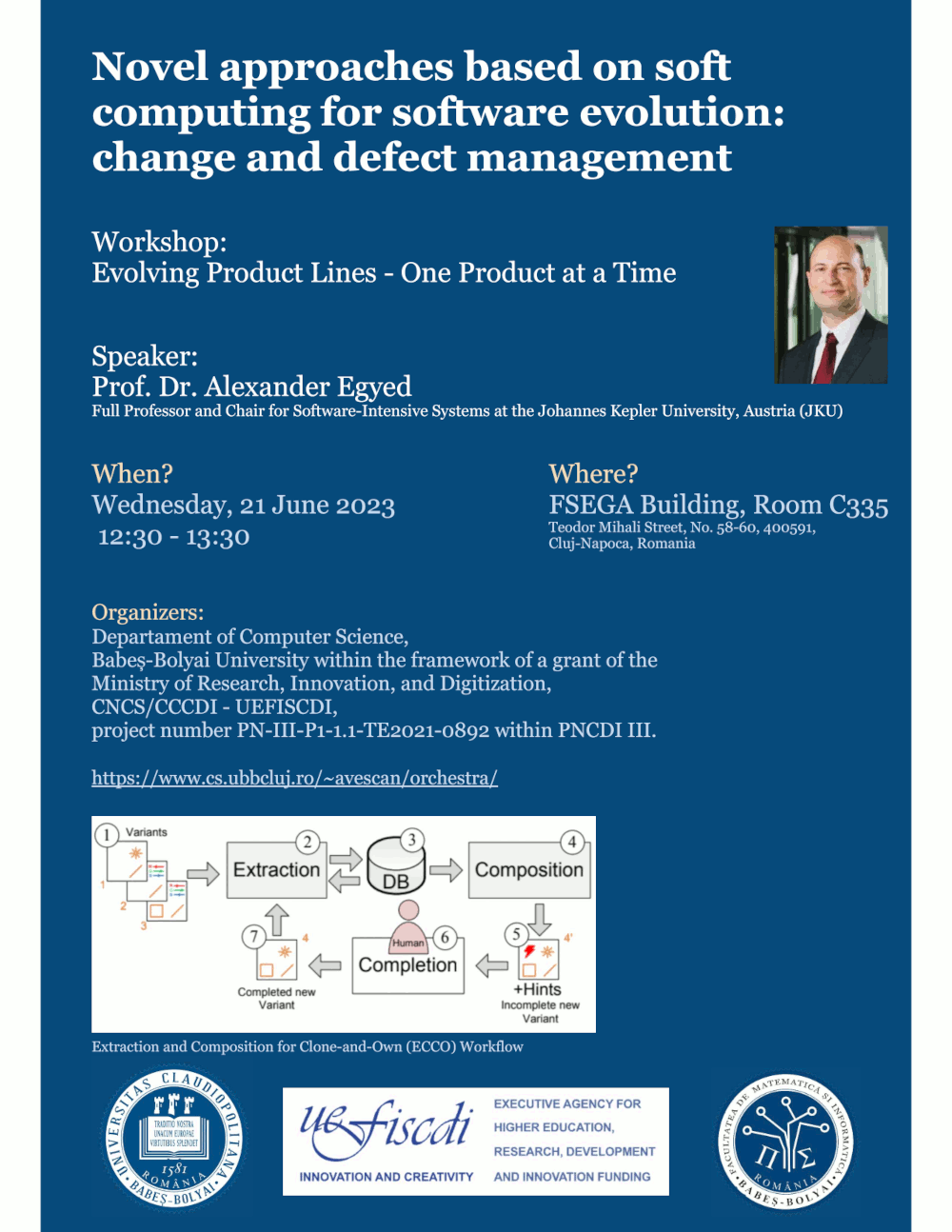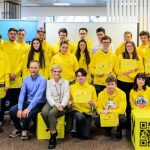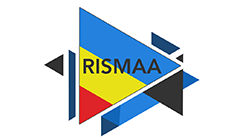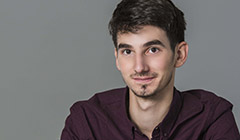Prof. Dr. Alexander Egyed, Johannes Kepler University, Full Professor and Chair for Software-Intensive Systems: Evolving Product Lines – One Product at a Time
Va invitam sa participati la workshopul organizat in cadrul grantului ORCHESTRA.
Prof. dr. Alexander Egyed va sustine prezentarea:
Evolving Product Lines – One Product at a Time
Invitat: Alexander Egyed, Full Professor and Chair for Software-Intensive Systems at the Johannes Kepler University, Austria (JKU).
https://www.jku.at/en/institute-of-software-systems-engineering/about-us/team/alexander-egyed/
Cand?
Miercuri, 21 iunie 2023
12:30 – 13:30
Unde?
FSEGA Building, Room C335, Teodor Mihali Street, No. 58-60, 400591, Cluj-Napoca, Romania
Participare online: link Teams, Click here to join the meeting
Meeting ID: 323 236 510 829
Passcode: U7K5SK
Va rugam sa completati si formularul de la urmatorul link referitor la participarea dumneavoastra. Formularul este necesar pentru o organizare optima a evenimentului. Va rugam sa transmiteti raspunsul pana marti, 20.06.2023, ora 12:00.
https://forms.office.com/e/NEXrck9X9u
Va asteptam!
Echipa ORCHESTRA
https://www.cs.ubbcluj.ro/~avescan/orchestra
Abstract: To keep pace with the increasing demand for custom-tailored software systems, companies often apply a practice called clone-and-own. Thereby, a company builds an initial version of a system and then copies and adapts it with every new customer. Instead of a single, configurable system the company ends up with a portfolio of multiple, similar variants. Clone-and-own has widespread industrial use because it requires no major upfront investments compared to infrastructures facilitating reuse. Yet, it lacks a methodology for systematic reuse and for addressing the resulting feature interaction problems. This talk proposes ECCO (Extraction and Composition for Clone-and-Own), a novel approach to actively support software engineers in applying clone-and-own. A software engineer selects the desired features and ECCO finds the proper software artifacts for the copying step and then guides the software engineer during the manual completion by hinting which software artifacts may be missing or may need adaptation. We evaluated our approach on 4 case studies, covering 305 variants having up to 344KLOC, and found that precision and recall of composed products quickly reached a near optimum.
Bio: Alexander Egyed is a Full Professor and Chair for Software-Intensive Systems at the Johannes Kepler University, Austria (JKU). He received a Doctorate degree from the University of Southern California, USA in 2000 and then worked for industry for many years before joining the University College London, UK in 2007 and JKU in 2008. At JKU, he built up a research institute which has a staff of over 20 people today. He is most recognized for his work on software and systems design – particularly on variability, consistency, and traceability. Dr. Egyed has published over 200 refereed scientific books, journals, and conferences with over 10K citations to date. He was recognized a Top 1% scholar in software engineering in Communications of the ACM, Springer Scientometrics, and Microsoft Academic Search. He was also named an IBM Research Faculty Fellow in recognition to his contributions to consistency checking, received a Recognition of Service Award from the ACM, numerous Best Paper Awards (COMPSAC, MODELS, ICSSP, WICSA, etc.), and an Outstanding Achievement Award from the USC. Dr. Egyed served as program chair/steering committee member (ASE, FASE, MoDELS, …) and as editorial board member (TSE, SoSyM, …).


















